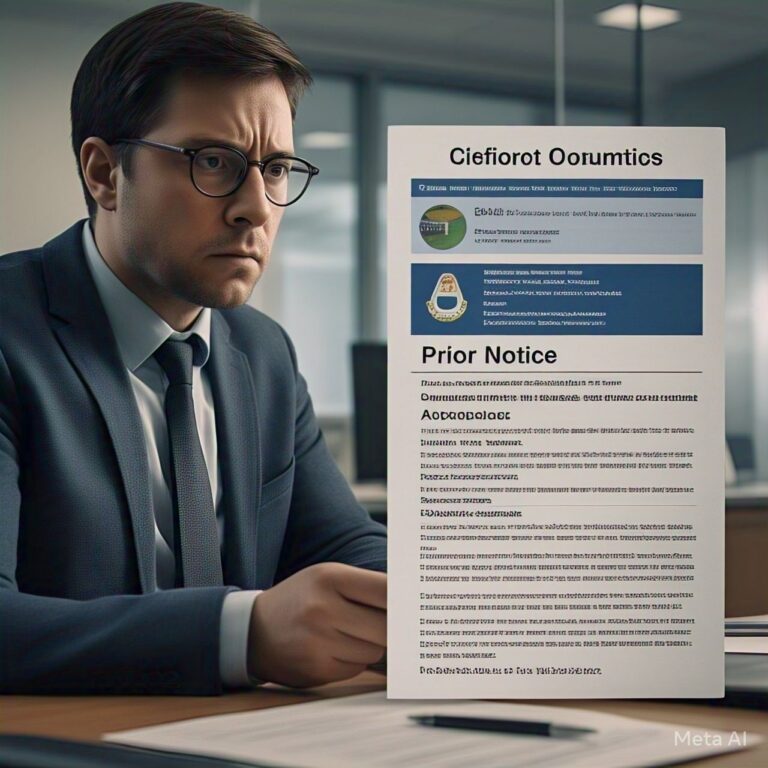Prior notice FDA is a crucial step for food importers. This process requires importers to notify the FDA prior to bringing food products into the United States, ensuring that safety standards are met and potential risks are mitigated. Understanding the specifics of this requirement can help importers streamline their operations and avoid costly delays.
Navigating the prior notice system involves knowing the applicable regulations and the documentation needed for compliance. It is essential for importers to familiarize themselves with electronic submission processes and the timelines involved to ensure smooth delivery of their products.
The implications of failing to comply with prior notice requirements can be significant, leading to inspections, rejections, or even penalties. Staying informed and prepared can aid businesses in maintaining their importation schedules while prioritizing consumer safety.
Understanding Prior Notice Requirements
Prior notice is a critical component of the FDA’s food safety program. It ensures that the agency receives information about imported food products before they arrive in the United States. This section covers the legal foundation for prior notice, the submission process, and the necessary timeframes for compliance.
Legal Foundation of Prior Notice
The legal basis for prior notice comes from the Bioterrorism Act of 2002. This act mandates that importers provide the FDA with advance notice of food shipments. Specifically, it requires information about the food’s origin, destination, and details regarding the importer.
Regulations were further outlined in the FDA’s rules, which detail what information must be included in a prior notice submission. Failure to comply can lead to delays, refusals of entry, or even destruction of imported goods. Legal adherence is essential for smooth international trade.
FDA Prior Notice Submission Process
The submission process for prior notice involves several key steps. Importers must utilize the FDA’s Prior Notice System Interface (PNSI) or file through Customs and Border Protection (CBP).
Information required includes the product description, quantity, and source. Importers have to ensure that their submissions are accurate and complete to avoid complications. This can be done electronically or through designated customs brokers who handle submission on behalf of the importer.
Timeframes for Prior Notice Submission
Timely submission of prior notice is crucial. The FDA requires that importers submit the notice no more than 15 calendar days before the shipment arrives.
The minimum time limit is 2 hours prior to arrival for air shipments and 4 hours for land or sea shipments. Timely filing ensures that the FDA has adequate time to assess the food’s safety before entry into the U.S.
Compliance and Enforcement
Regulatory compliance is essential for organizations interacting with the FDA. Non-compliance can lead to significant penalties, while the FDA maintains strict enforcement actions to ensure adherence to established regulations.
Consequences of Non-Compliance
Non-compliance with FDA regulations can result in serious consequences. Potential repercussions include:
- Fines and Penalties: Organizations may face financial repercussions, including hefty fines.
- Injunctions: The FDA can pursue legal injunctions against companies to halt non-compliant actions.
- Product Seizure: Products that do not meet FDA standards can be seized and removed from the market.
- Reputational Harm: A non-compliant status can damage an organization’s reputation, affecting customer trust.
Additionally, persistent non-compliance may lead to increased scrutiny during future inspections and a higher likelihood of sanctions.
FDA Enforcement Actions
The FDA employs various enforcement actions to address non-compliance effectively. Key measures include:
- Warning Letters: These letters serve as a formal notice of violations. Companies typically have a specified time to rectify issues.
- Field Investigations: The FDA conducts on-site inspections to monitor compliance and gather evidence of violations.
- Corrective Action Plans: Organizations may be required to create and implement strategies to address specific compliance failures.
- Import Alerts: These alerts prevent non-compliant products from entering the U.S., impacting international trade.
Understanding these enforcement actions is crucial for organizations to navigate FDA regulations and maintain compliance while mitigating potential risks.
